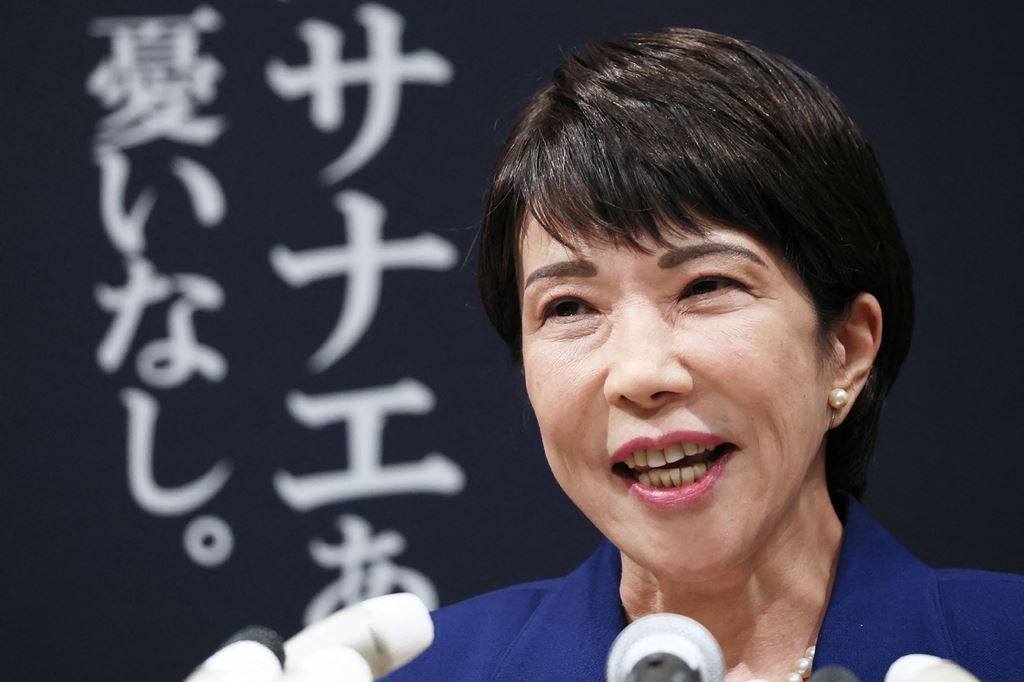TOKYO (AFP) – The race to become Japan’s next prime minister kicked off Thursday with a record nine candidates including the son of a former premier and a nationalist vying to be the country’s first woman leader.
Whoever wins the Liberal Democratic Party (LDP) leadership contest on September 27 will succeed unpopular Prime Minister Fumio Kishida, whose three-year term was tarnished by scandals while voters struggled with inflation.
The conservative LDP has governed almost uninterrupted for decades and holds a majority in parliament, meaning the winner is essentially guaranteed to become premier.
Leading the polls so far is Shinjiro Koizumi, 43, a surfing former environment minister who is better known as a son of a popular former prime minister, and veteran 67-year-old former defence minister Shigeru Ishiba.

Also in the running are two prominent women — still a rarity in Japanese politics.
Hard-right economic security minister Sanae Takaichi, 63, regularly visits Tokyo’s Yasukuni war shrine, which will likely infuriate China and South Korea if she wins.

And although her support within the party is limited, sitting foreign minister Yoko Kamikawa, 71, is seen as a deft leader who aspires to mentor younger female politicians.
Outspoken reformist and digital affairs minister Taro Kono, 61, has also thrown his hat into the ring.
The change of the leadership is not expected to significantly change current Japanese government policies, as the LDP will continue its long stay in power.
Speculation is rife in local media that the winner will call a snap election soon after the party vote.
In the wake of a sprawling funding scandal, Kishida pushed its powerful factions to disband, which has led to a higher number of candidates than usual this time around.
“A healthy degree of policy debate has been taking place as the LDP seeks renewal,” said analyst James Brady, vice president of consultancy firm Teneo.
“Most candidates are making generous spending promises, while some oppose planned tax hikes,” he wrote in a note.
Koizumi, a surfing former environment minister and the scion of charismatic ex-PM Junichiro Koizumi, is proposing labour market deregulation and help for workers to acquire skills.
Meanwhile Ishiba has focused on helping rural economies hit by biting depopulation, also pledging to create a government agency specialised in dealing with natural disasters.
The LDP president serves a three-year term and can serve up to three straight terms.
Only ruling party lawmakers and regional party representatives will take part in the vote following a series of public debates among the candidates.



















































